Our clients, five international nurses, received an email from UK visa section in Sheffield on 12 October 2020 inviting them to attend a telephone interview on Wednesday, 15 October 2020 at 10:30 AM regarding their T2 visa applications.
An applicant must have a valid Certificate of Sponsorship (CoS) from an employer who has a Tier 2 Sponsor Licence to apply for a Tier 2 visa to come to the UK. The CoS contains personal information of the applicant and the details of the job being offered including salary offer, number of hours, work location and if the role meets the Resident Labour Market Test (RLMT). An online application must be completed and once submitted, then an appointment must be booked with the relevant local visa application centre overseas, either with TLS Contact or VFS Global to provide biometric information and original supporting documents. Then the applicant waits for a decision within 3 weeks of attending his visa appointment, unless a priority service for extra fee has been used where a decision will be made within 5 working days.
More often than not, Tier 2 applications are either refused or granted. But there are times when a visa interview is deemed necessary to be conducted by the UK visa section before a decision is made by the entry clearance officer. For an application made under occupation code “2231 Nurses”, paragraph 77H of Appendix A: attributes of the Immigration Rules provides that:
No points will be awarded for a Certificate of Sponsorship if the Entry Clearance Officer or the Secretary of State has reasonable grounds to believe, notwithstanding that the applicant has provided the evidence required under the relevant provisions of Appendix A, that:
(a) the job as recorded by the Certificate of Sponsorship Checking Service is not a genuine vacancy,
(b) the applicant is not appropriately qualified or registered to do the job in question (or will not be, by the time they begin the job), or
(c) the stated requirements of the job as recorded by the Certificate of Sponsorship Checking Service and in any advertisements for the job are inappropriate for the job on offer and / or have been tailored to exclude resident workers from being recruited.In addition, paragraph 77J further provides that:
To support the assessment in paragraph 77H(a)-(c), the Entry Clearance Officer or the Secretary of State may request additional information and evidence from the applicant or the Sponsor, and refuse the application if the information or evidence is not provided. Any requested documents must be received by the Entry Clearance Officer or the Secretary of State at the address specified in the request within 10 business days of the date the request is sent.
This is the legal basis of this practice and the Home Office normally conducts interviews with both the Tier 2 Sponsor and applicants to assess the requirements in paragraph 77H(a)-(c) and the rule makes it clear that the application may be refused by failing to comply or if the information or evidence requested is not provided. In other words, this must be taken seriously and both the Sponsor and applicant must prepare before agreeing to an interview. Note that you or your representative if you have one, could request for another date if the notice given is so short to do sufficient preparation, otherwise you risk for the application to be rejected and forfeit the visa fees paid.
So how do you prepare for this type of interview?
1. Review all the information submitted on the visa application.
First, you must know all the information the Home Office holds for your organisation and applicant/s. You can do this by reviewing thoroughly the following documents:
- Certificate of Sponsorship (CoS)
- Online Visa Application Form
- Covering Letter
- Relevant Advertisements
- Interview Notes
- Offer Letters
- Applicant's Supporting Documents
Considering these documents will help you remember the recruitment process you followed, the number of applications you received, the reasons you selected the applicants you are sponsoring and rejected the others, and use this as an opportunity to identify if there have been any errors or issues that need rectifying.
2. Check the recruitment processes you followed before making job offers.
Doing this may seem pointless and unnecessary to you but the reality is you must follow certain procedures to meet your Sponsor duties. For example, assigning a CoS before the closing date of your advert will be considered a breach and may be ground for refusing the application. Therefore, you must be familiar with all your sponsor duties and the requirements you need to meet at every stage of the sponsorship process.

You can download the latest guidance here for your reference.
3. Ensure the applicant has a good understanding of his T2 Sponsorship.
The Home Office monitors sponsor compliance before, during and after a licence has been granted to ensure organisations do not only meet the eligibility and suitability requirements throughout the validity of the licence but also identify and stop immediately any pattern of systems abuse. In practice, interviewing visa officers become concerned if there are inconsistencies and discrepancies with the answers given at interviews against the information provided at the application. Such could be interpreted as misrepresentation or providing false information which could lead to visa refusals and in some cases being banned between 1 to 10 years before applying again.

4. Prepare all documents before interview and refer to them during interview.
Always keep records of everything. In fact, this is one of your Sponsor duties and failing to provide on request is another breach. Referring to your record of documents whether on paper or online will prove very helpful during visa and compliance interviews. So what documents you must keep? Appendix D of the Guidance for Sponsor has a complete list of all the documents you must keep as a sponsor.
Sponsor records can be maintained manually, computerised on a spreadsheet or kept online. Make sure the system you use is easy to operate, and complements your business. Keeping sponsor records can be daunting at first but the key is to break things down into a series of straightforward, manageable tasks. Then you can access and update them on a regular basis, rather than finding and producing them at a later date.

5. Do at least two mock interviews before the actual interview.
Mock interviews are perfect opportunities to practice. They reduce anxiety, stress and boost confidence. This is also the only way to prepare for unforeseen questions and it allows you make and correct mistakes without risking your application being rejected. We believe that there is no replacement for mock interviews. You can't do this alone. You must do this with your applicants or with your representative to elicit feedback and improve confidence.
Remember, the purpose of this type of interview is to check that there is a genuine vacancy and that the applicant has the skills, qualifications and experience, required to undertake the duties of the role. They also use this as an opportunity to query or clarify some information about the Sponsor's organisation or type of business when the information available they hold about you is incomplete.
If you have been invited to attend a visa interview and need help to prepare, contact us here.






COMMENTS